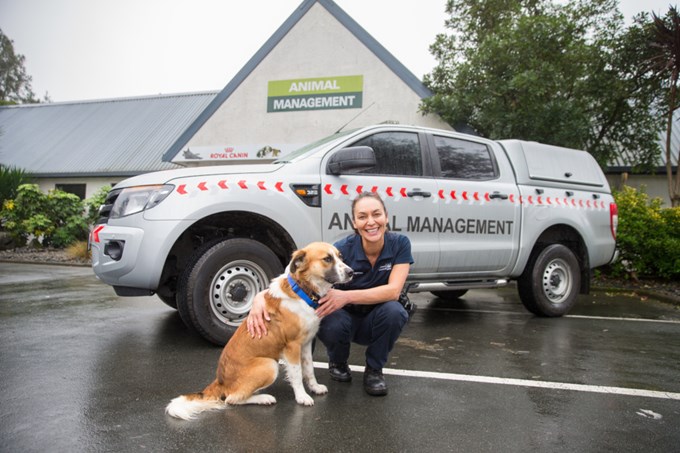Craig Hobbs, Director Regulatory Services, Auckland Council
One area of the council that works behind the scenes to keep Auckland running is Auckland Council’s Licensing and Regulatory Department. The teams in this Department keep Auckland safe by attending to reports of noise complaints, breaches of the Resource Management and Building Acts, breaches of bylaws and dog attacks. They also monitor resource consent conditions, ensure food and alcohol regulations are enforced, and undertake a range of targeted projects like preventing sediment run-off from construction sites.
When you call the council to report an incident which we call a “Request for Service”, you’re likely to reach someone from our Compliance Response and Investigations team. They are responsible for responding to Requests for Service relating to possible breaches of the Resource Management Act, the Building Act and council bylaws. Most of the requests we receive come from members of the public, but some come to us from other teams within the council, our elected members, and external agencies such as Fire and Emergency New Zealand and the Police.
Over the past few years, the number (and complexity) of Requests for Service we receive has continued to rise, with a 4.8 per cent increase in the last financial year alone. Between July 2020 and June 2021, we received almost 15,000 Requests For Service. Recorded seperately in that period, noise complaints totalled almost 60,000 and Requests for Service relating to dogs amounted to 32,348.
Our teams work hard to respond to all complaints in a timely manner, but often they must prioritise those incidents that pose the biggest risk to Aucklanders.
In 2017 the Governing Body agreed to take a graduated enforcement and risk-based approach to our Compliance work – a common approach for most organisations that undertake enforcement.
“Graduated enforcement” means that we first try to work with someone to help them comply before taking stronger action including prosecution. A “risk-based approach” means that when one of our officers is assigned a Request for Service, it will be given a priority code. For those given the highest priority code (P1), the officer must attend and respond within 4 hours of the Request for Service being received. For P2 coded jobs, they must attend within three working days. The remainder of the jobs are less urgent, and officers aim to respond within 10 working days.
Due to the continued increase in the number of Requests for Service we receive, meeting these deadlines is becoming more complex. The answer isn’t as simple as just hiring more people – although we are doing that too. We also need to look at ways we can make our processes more efficient and redefine how jobs are categorised so that we can ensure the top priority jobs, such as those that are a risk to the health and safety of Aucklanders, continue to be attended to as quickly as they should be, and that’s what we are working on now. Depending on our workload, we may not be able to attend to some low priority jobs and we will let people know if that is the case.
It’s a busy time for our teams and we appreciate your patience as we navigate our way through these challenges.


